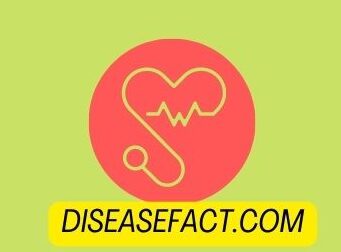A gastric ulcer is a sore that develops on the lining of the stomach. It is a type of peptic ulcer, which can also occur in the esophagus or duodenum (the first part of the small intestine).
The main cause of gastric ulcers is infection with the bacterium Helicobacter pylori (H. pylori), which can weaken the protective lining of the stomach and lead to inflammation and ulceration. Other factors that can contribute to the development of gastric ulcers include the use of nonsteroidal anti-inflammatory drugs (NSAIDs), excessive alcohol consumption, and smoking.
GASTRIC ULCER SYMPTOMS
- Burning pain or discomfort in the upper abdomen, usually between meals or in the early morning hours.
- Feeling of fullness or bloating, even after eating a small amount of food.
- Nausea or vomiting.
- Loss of appetite or weight loss.
- Indigestion, heartburn, or acid reflux.
- Blood in the stool or vomit (in severe cases).
- Feeling tired or weak due to anemia caused by bleeding from the ulcer.
If you experience any of these symptoms, it is important to talk to your healthcare provider. They may recommend diagnostic tests, such as an endoscopy or a breath test for H. pylori, to confirm the diagnosis and determine the best treatment options. Treatment may involve medications to reduce the amount of acid in the stomach and antibiotics to eradicate H. pylori infection. In some cases, surgery may be necessary.
GASTRIC ULCER TREATMENT
The treatment for a gastric ulcer depends on the cause and severity of the ulcer. The main goals of treatment are to relieve symptoms, promote healing of the ulcer, and prevent complications.
Here are some common treatments for gastric ulcers:
- Medications: Your healthcare provider may prescribe medications to reduce the amount of acid in your stomach, such as proton pump inhibitors (PPIs) or H2 blockers. These medications can help reduce inflammation and promote healing of the ulcer. Antibiotics may also be prescribed if the ulcer is caused by an H. pylori infection.
- Lifestyle changes: Certain lifestyle changes can also help manage ulcer symptoms and promote healing. For example, avoiding trigger foods and drinks, reducing stress, and quitting smoking can all help reduce the amount of acid in your stomach and promote healing of the ulcer.
- Endoscopic therapies: In some cases, endoscopic therapies may be recommended to promote healing of the ulcer. These therapies include injecting medicine directly into the ulcer, placing clips to close the ulcer, or using heat or electricity to cauterize the ulcer.
- Surgery: If the ulcer is large, deep, or not responding to other treatments, your healthcare provider may recommend surgery to remove the ulcer.
